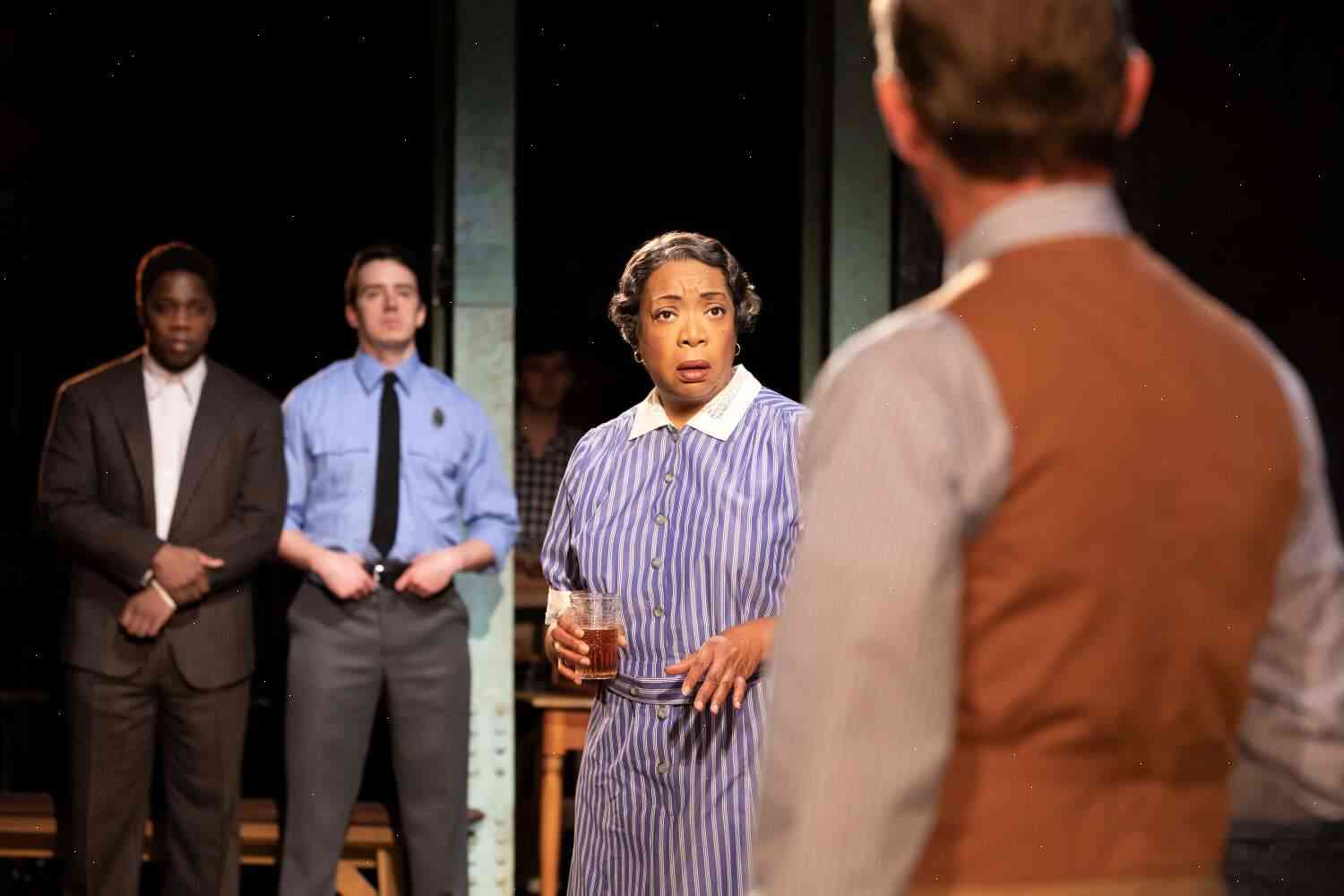Review: ‘To Kill a Mockingbird’ arrives at the Hollywood Pantages with troubling timeliness for a civil rights drama
A year and a half after its release, To Kill a Mockingbird has been given a fresh lease on life in the form of a new restoration, and so the great film that was once a summer movie of the year — on a par with The Ten Commandments, The Wizard of Oz, and Gone With the Wind — is now being revived in an updated and improved form.
To that end, a new version was made for CinemaCon, the annual gathering of the American Society of Cinematographers in Las Vegas last November. Among the features restored was the film made during the era of Robert Mitchum’s career, the period when that great actor was most at home and seemed to have the most fun doing movies.
In this version, that has been brought up to date, the story of Atticus Finch (Ruth Roman) is now set in a racially diverse America in the 1960s. In contrast to the original tale, it does not end in failure for the black residents of Alabama. Rather, it has been updated, with a new character, Jem, named after the young black boy in Faulkner’s The Unvanquished, as well as a new setting, a small Arkansas town.
Still, it remains a deeply tragic story, which finds us at the heart of America’s worst racial conflict in history. “Mockingbird” has been a national institution ever since being released in June 1960.
Its message — even if that message is changing — remains just as strong as the day it was made. And, as such, it remains a powerful statement against racist oppression in an America moving forward.
The film is, therefore, fitting for its anniversary. The American Society of Cinematographers was founded in 1957, with a purpose to restore the film, as well as other films of the era. “We are a group of people who are passionate about restoring cinema’s great masterpieces,” says ASC president Peter Sciretta. “We try to understand the history of a film, to honor its legacy, and to have an impact on how the film and the story are told today.”
As an organization, they do not have a set budget, but they do have a standard they want to meet — and a mission

